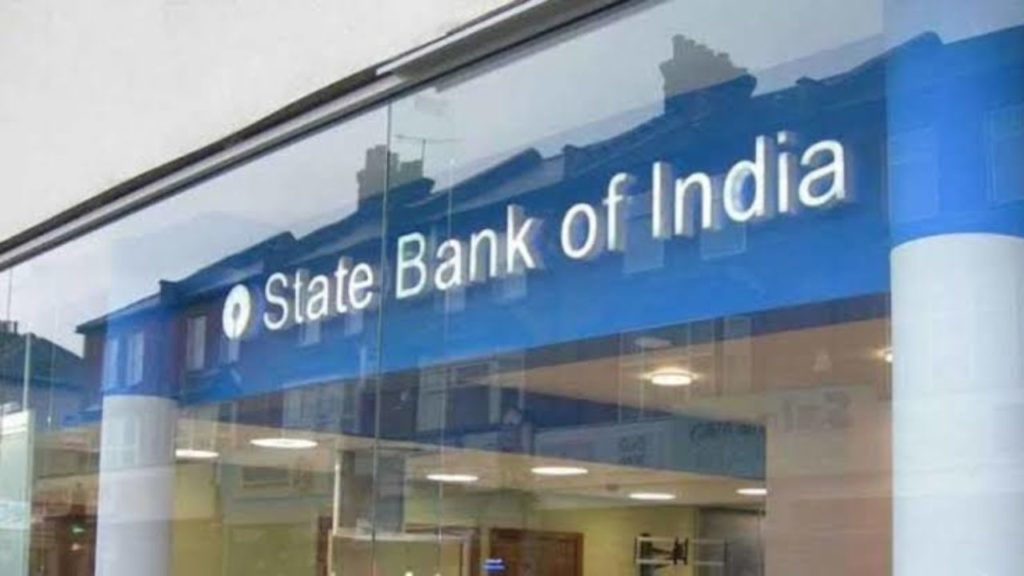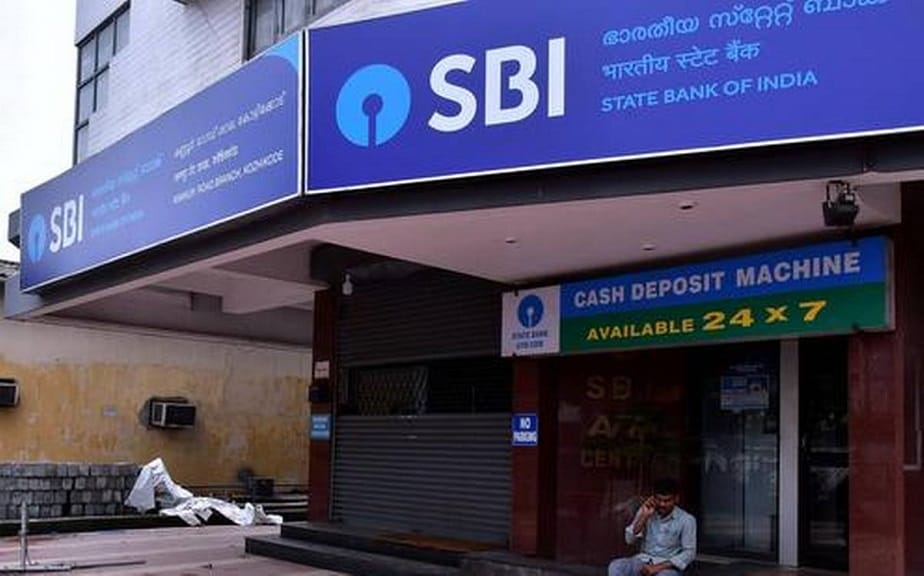SBI raises Rs 10,000 crore from infra bonds at 7.49% coupon rate; stock stays flat

SBI raises Rs 10,000 crore from infra bonds at 7.49% coupon rate; stock stays flat
On September 25, the shares of State Bank of India (SBI) remained relatively stable in early trading despite the announcement of a significant fundraising effort through infrastructure bonds. As of 9:31 am, SBI’s stock was trading at Rs 599 on the NSE, representing a marginal 0.1 percent increase from the previous day’s closing price.
SBI, as the country’s largest lender, successfully raised Rs 10,000 crore through its fourth infrastructure bond issuance. These bonds were issued at a coupon rate of 7.49 percent and attracted investments from various institutions, including provident funds, pension funds, insurance companies, mutual funds, and corporates. The bank disclosed its intentions to utilize the proceeds from this bond issue to bolster its long-term funding resources for supporting infrastructure development and the affordable housing sector.

The stability in SBI’s share price following this fundraising announcement suggests that investors may have already factored in this development or that they view it as a positive move by the bank to support growth in key sectors of the economy. Infrastructure financing is a critical component of economic development, and this initiative reflects SBI’s commitment to facilitating investments in infrastructure and affordable housing, which can have broader positive implications for India’s economy.
The infrastructure bond issuance by State Bank of India (SBI) witnessed an impressive and overwhelming response from investors, showcasing strong demand for these bonds. The total bids received amounted to a substantial Rs 21,045.10 crore, which was over five times the base issue size of Rs 4,000 crore. This level of oversubscription indicates significant investor interest in SBI’s infrastructure bonds.

The participation in the bidding process was diverse, with a total of 134 bids received. This broader participation came from various institutional investors, including provident funds, pension funds, insurance companies, mutual funds, and corporate entities. Such a diverse and robust response highlights the attractiveness of SBI’s infrastructure bonds as an investment option.
SBI’s intention to utilize the proceeds from these bonds to enhance its long-term funding resources for infrastructure development and the affordable housing segment aligns with the bank’s commitment to supporting key sectors of the economy. This successful bond issuance not only raises substantial capital for the bank but also underscores investor confidence in SBI’s financial stability and its role in facilitating critical infrastructure projects in India.

State Bank of India (SBI) has been actively engaging in the issuance of long-term bonds as part of its capital-raising efforts. Prior to the most recent infrastructure bond issuance, SBI successfully raised Rs 10,000 crore on August 1 and Rs 9,718 crore on January 19 through long-term bond offerings. These bond issuances have allowed the bank to secure substantial funding for its operations and various projects.
SBI has maintained a top-tier ‘AAA’ credit rating with a stable outlook from all domestic credit rating agencies for these bond instruments. This high credit rating reflects the bank’s strong financial position and reliability as an issuer of debt securities. With the latest issuance, the total outstanding long-term bonds issued by SBI now stands at an impressive Rs 39,718 crore.
The successful issuance of long-duration bonds, particularly at finer spreads, is noteworthy. It not only bolsters SBI’s capital base but also has the potential to influence the development of a long-term bond curve in the market. This development can be instrumental in encouraging other banks to issue bonds with longer tenors, thereby deepening the bond market and expanding financing options for various sectors.
SBI’s ambitious plan to raise up to Rs 50,000 crore through debt instruments from both domestic and overseas markets in the current fiscal year underscores its commitment to securing substantial resources for its operations and growth initiatives. The bank’s strong financial performance, including reporting its highest-ever quarterly profit at Rs 16,884 crore in the April-June quarter, further strengthens its position as a formidable player in India’s banking and financial sector.
The State Bank of India (SBI) stock has shown a solid return of 17.36 percent over the last six months, indicating strong performance during that period. In comparison, the benchmark Bank Nifty index, which represents the performance of banking stocks in India, has delivered a return of 13.14 percent over the same six-month duration.
SBI’s outperformance, with a higher return compared to the broader banking sector index, suggests that investors in SBI have seen relatively better returns on their investments during this specific time frame. This performance may be attributed to various factors, including the bank’s financial results, market sentiment, and specific developments within the bank’s operations.
Investors often track the performance of individual stocks in relation to benchmark indices to gauge the stock’s relative strength and its ability to outperform or underperform the broader market. However, it’s important to remember that stock market performance can be influenced by a wide range of factors, and past performance may not necessarily predict future results.




